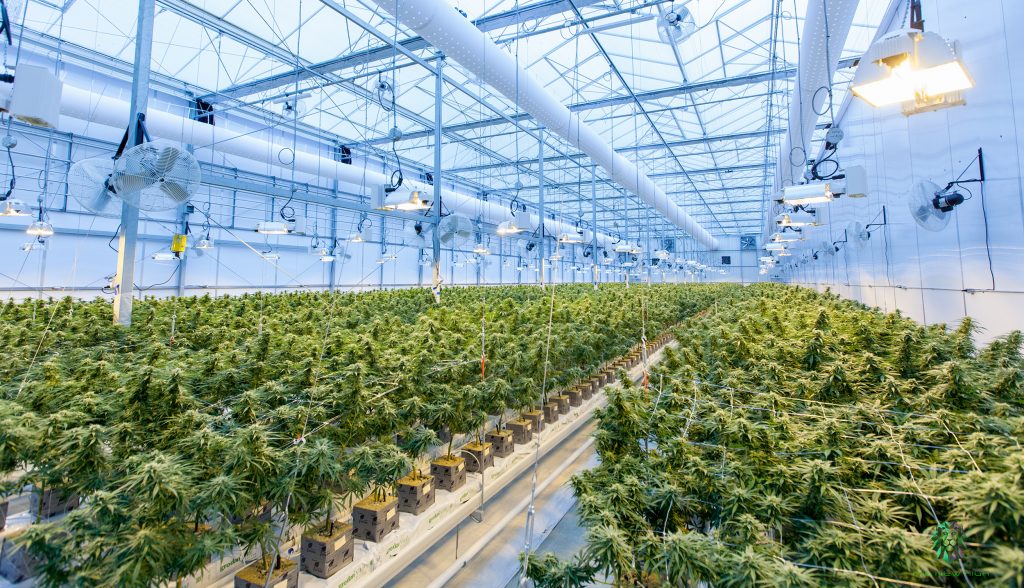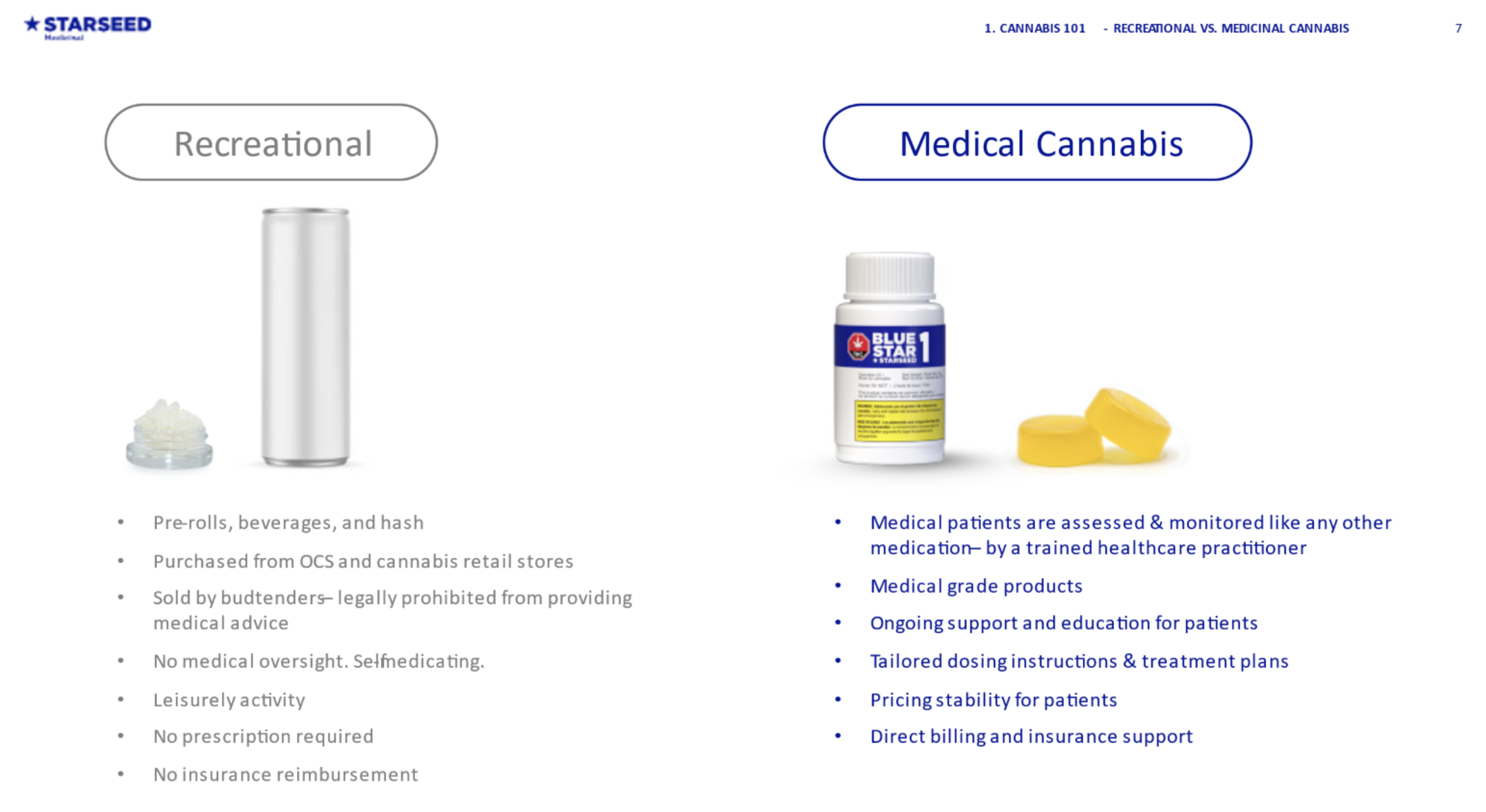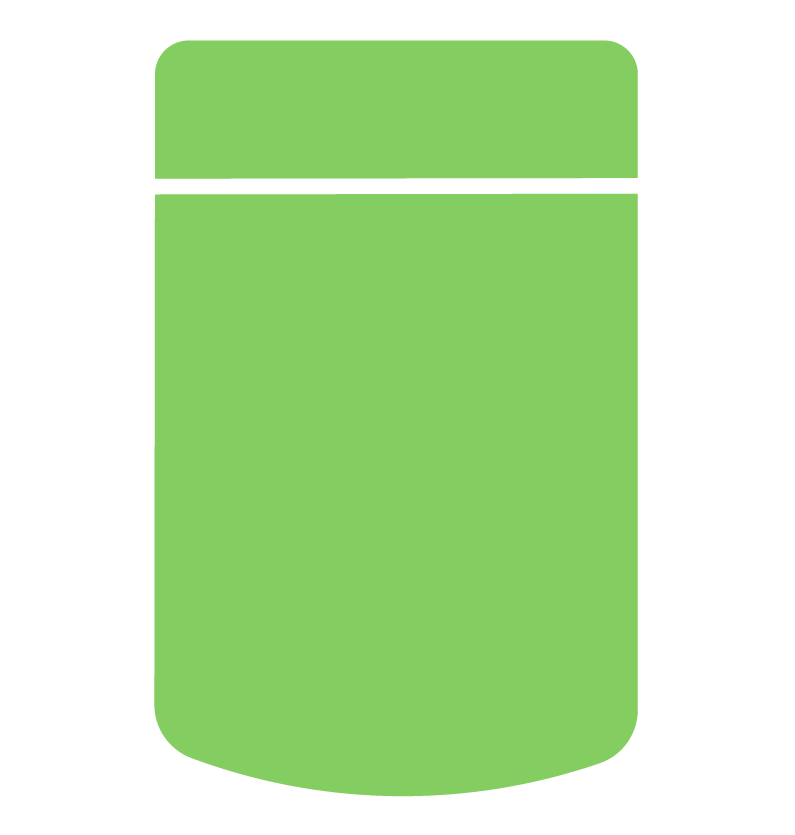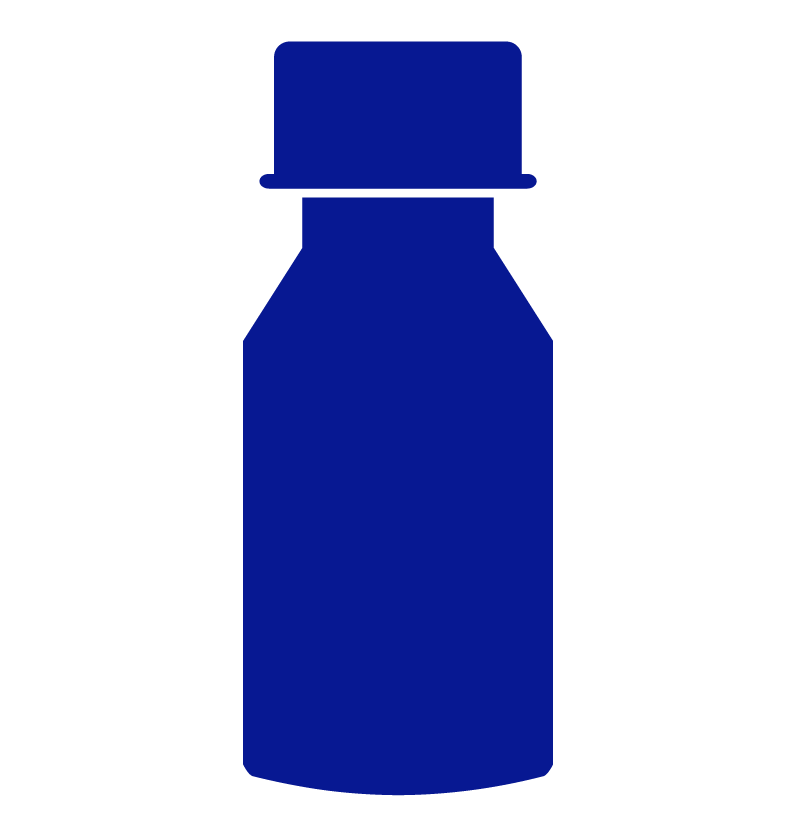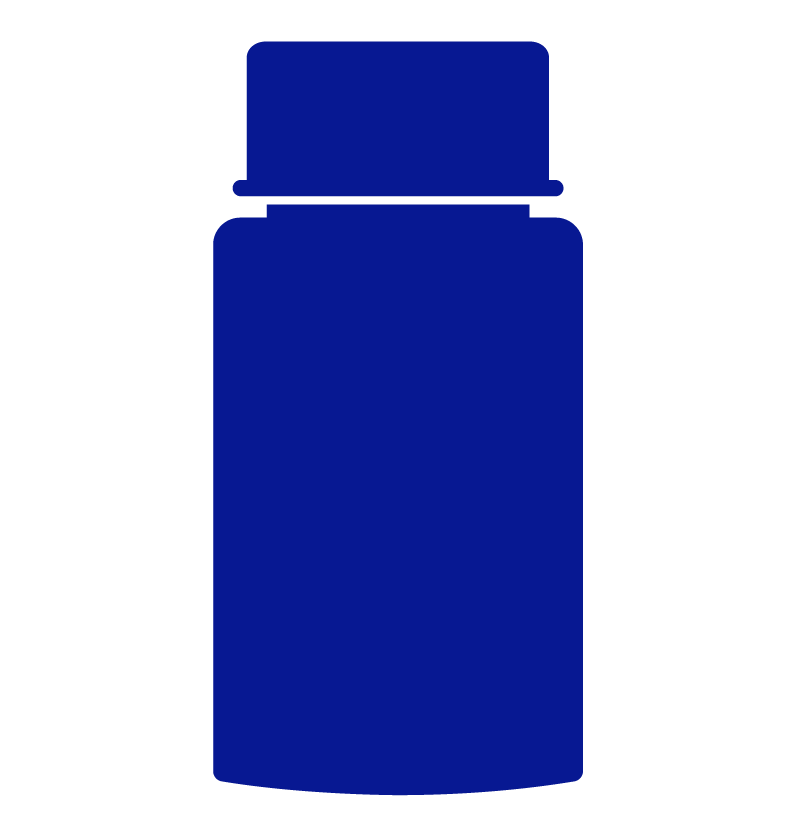Previous Article
Migraines and Medicinal Cannabis
Migraines are debilitating headaches that affect millions of people worldwide. These intense headaches often come with a range of symptoms, including severe pain, nausea, and sensitivity to light and sound. For many migraine sufferers, finding effective treatments can be challenging. However, an increasing body of research suggests that medicinal cannabis may hold promise in alleviated the symptoms of migraines.
Migraine Awareness Month, observed annually in June, serves as a critical opportunity to shed light on the impact of migraines and raise awareness.
Understanding Migraines and Conventional Treatments
Migraines are complex neurological disorders characterized by recurring headaches that can last for hours or even days. They can significantly impact a person’s quality of life, productivity, and overall well-being. Conventional treatments for migraines often involve over-the-counter pain medications, prescription drugs, lifestyle modifications, and avoidance of triggers. However, these approaches may not always provide satisfactory relief or can have adverse side effects.
Cannabinoids and Migraine Relief
The cannabis plant contains over 100 cannabinoids, with two main ones THC and CBD. Both THC and CBD have shown potential in addressing migraines, although their mechanisms of action differ.
• THC: Tetrahydrocannabinol, the intoxicating/psychotropic component of cannabis, has been found to have pain-relieving properties. It can potentially help alleviate migraine-related pain by interacting with cannabinoid receptors in the brain and central nervous system.
• CBD: Cannabidiol, a non-intoxicating cannabinoid, is known for its potential analgesic and anti-inflammatory properties. It may offer relief from migraines by modulating pain perception, reducing inflammation, and promoting relaxation. CBD is also believed to have anti-nausea effects, which can be beneficial for migraine sufferers who experience nausea and vomiting during attacks.
• Balanced CBD:THC Effects: Some studies suggest that the combination of THC and CBD may have a synergistic effect, potentially enhancing the therapeutic benefits for migraine relief. This combination may offer a balance between pain reduction and minimizing any psychotropic side effects.
View Product: Prime CBD
View Product: Mango Haze
Considerations and Precautions
While cannabis shows promise in managing migraines, it is crucial to consult with a knowledgeable healthcare professional before considering medical cannabis for migraines. They can provide guidance on dosage, product selection, potential drug interactions, and ensure it is safe with your overall health condition.
• Methods of consumption: THC and CBD have different effects depending on whether they are used to treat acute migraine attacks, reduce migraine frequency, or both.
Inhalation of dried cannabis with a vaporization device has a fast-acting effect that usually begins to take effect in 3–10 minutes and lasts for 2–4 hours. Due to its fast onset of action, patients report using this method for acute migraine attacks.
Oral ingestion of cannabis oil or softgels take longer to work but typically last for 8-12 hours. Patients report using this method to avoid migraines and to reduce their frequency and intensity.
• Product selection: Different cannabis cultivars and products may have varying levels of cannabinoids and terpenes, which can influence their effects. Cultivars and products higher in CBD and lower in THC may be more suitable for individuals seeking migraine relief without significant psychotropic effects.
• Individual responses: The effects of medicinal cannabis can vary from person to person. It is important to start with low doses and gradually titrate to find the optimal dosage that provides relief while minimizing any unwanted side effects.
While there is potential for cannabis as a migraine treatment, more research is required to determine its efficacy, safety, and best application. Please consult with your healthcare practitioner if you're thinking about trying medicinal cannabis as a migraine alternative treatment.
Need help getting a medicinal cannabis treatment plan for migraines?
Book An Appointment
References:
Bell, A. D., MacCallum, C. A., Margolese, S., Walsh, Z., Wright, P., Daeninck, P. J., Mandarino, E., Lacasse, G., Jagpaul Kaur Deol, Lauren de Freitas, Michelle St Pierre, Belle-Isle, L., Gagnon, M., Bevan, S., Sanchez, T., Arlt, S., Monahan-Ellison, M., O’Hara, J., Boivin, M., & Costiniuk, C. T. (2023). Clinical Practice Guidelines for Cannabis and Cannabinoid-Based Medicines in the Management of Chronic Pain and Co-Occurring Conditions. https://doi.org/10.1089/can.2021.0156
Rhyne, D. N., Anderson, S. L., Gedde, M., & Borgelt, L. M. (2016). Effects of Medical Marijuana on Migraine Headache Frequency in an Adult Population. Pharmacotherapy, 36(5), 505–510. https://doi.org/10.1002/phar.1673
Russo, E. B. (2016). Clinical Endocannabinoid Deficiency Reconsidered: Current Research Supports the Theory in Migraine, Fibromyalgia, Irritable Bowel, and Other Treatment-Resistant Syndromes. Cannabis and Cannabinoid Research, 1(1), 154–165. https://doi.org/10.1089/can.2016.0009
Next Article
Canadians Traveling with Medicinal Cannabis
Traveling with medicinal cannabis as a Canadian requires proper planning, adherence to legal regulations, and respectful behaviour. By understanding the legal framework, obtaining proper documentation, and familiarizing yourself with destination-specific regulations, you can enjoy your travels while responsibly managing your medical needs.
Understand the Legal Framework
Before embarking on your travels, its crucial to familiarize yourself with the legal regulations surrounding medical cannabis in your destination.
• Across the Canadian border:
It is illegal to take cannabis – including products containing cannabis, such as edible cannabis, cannabis extracts and cannabis topicals, and all products containing CBD – across the Canadian border, whether you are entering or leaving the country.
• Travelling within Canada:
When you are travelling within Canada, if you meet the minimum age requirement of the province or territory you are in, you may possess up to 30 grams of dried cannabis or the equivalent.
For travelling within Canada:
1 ) Obtain Proper Documentation
To travel with medical cannabis, you must possess the necessary documentation. Start by obtaining a valid medical document or authorization from a healthcare professional (medical doctor or nurse practitioner). This document should clearly state your need for medical cannabis and specify the recommended dosage. Additionally, ensure you have valid registration with a licensed producer (such as Entourage Health Corp./Starseed Medicinal) and carry any associated documents, such as product receipts.
2 ) Know the Transportation Guidelines
Transportation options can vary when traveling with medical cannabis. If you plan to fly, it’s essential to understand the regulations of the airline you’re flying with. Most airlines require advance notification and have specific guidelines regarding the amount of cannabis you can carry, packaging requirements, and storage limitations. Contact the airline well in advance to understand their policies and make necessary arrangements.
3 ) Pack and Store Cannabis Securely
Proper packaging and storage are crucial when traveling with medicinal cannabis. Ensure that your cannabis is securely sealed and labeled according to Health Canada guidelines. Carry your cannabis in its original packaging, clearly indicating the product details and your name. Additionally, store your cannabis securely in your carry-on luggage to comply with transportation regulations and prevent damage or loss.
4 ) Research Destination-Specific Regulations
Each province and territory in Canada may have its own regulations concerning the use and possession of cannabis. Before travelling, research and understand the rules of your destination. This includes knowing where consumption is permitted, public use guidelines, and any restrictions on cannabis possession. Respecting local laws ensures a smooth and enjoyable experience.
5 ) Plan for Alternative Options
While traveling, it’s essential to plan for contingencies. Consider carrying alternative forms of medical cannabis, such as oils, capsules, or topicals, in case smoking or vaporizing is not practical or permitted in your destination. It is also recommended to follow up with your healthcare provider to get backup prescriptions for pain and sleep while you are away from your medical cannabis.
